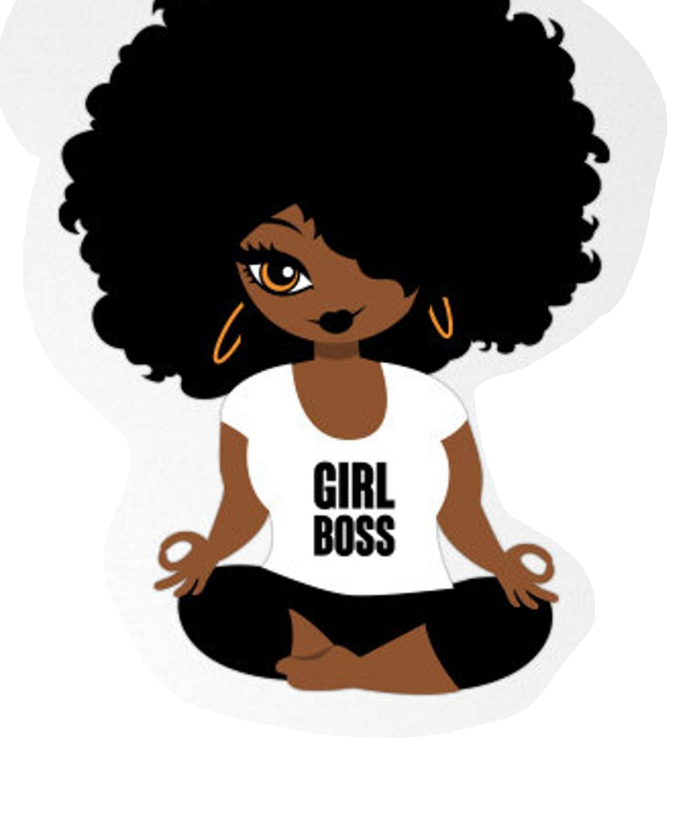5 Tips for a Productive Depression Nap
- Moody Gem

- Apr 27, 2021
- 3 min read
Updated: Mar 6, 2024
I know. It seems like a contradiction, productive depression? Nah. Well here's some things I have done to up my game and still deal with my mental illness.
WHY NAP?
When I am feeling overwhelmed, stressed, sad and otherwise unwell, I have about three coping mechanisms. The first is to overeat. Overeating feels good in the moment, but the feeling of being stuffed, full of gas, and then guilty of binging has finally outweighed the momentary relief I feel by doing so. I have started taking my anxiety medicine in the place of over eating which has worked wonders on my health. My second coping skill is shopping. It gets me out of the house. I get to listen to my favorite podcast, and I get to escape into a world of fashionable possibility. This is my favorite of the coping because, well, shopping feels so good. But again, it comes at a cost. A financial one. Too much. So we are left with clocking out mentally with a nice indulgent depression nap.
Depression naps if done in moderation, can soothe the nervous system, allow your subconscious mind to work through your depressive state, and refresh the body. So how can you nap productively?
1. Set a timer.

I always try to set a timer on my naps. If allowed, I can sleep all day long. (In fact as I am writing this, I am up super late because I had a "nap" that lasted 4 hours... yeah I forgot my own rule. When you are setting your timer, wake yourself up with a song or melody that you like. Don't blast a blaring alarm. Be kind to yourself. Sometimes having a visual representation of the time of your nap can be comforting. I have used this one in the past, and even though the ringer is loud, seeing all that red space that I can take up to nap feels amazing.
2. Don't Judge that you are tired
Having a mental illness is exhausting. You are deserving of ease and rest. So, if you feel that you need time to sit still, to decompress and to check out, you are worthy of doing so. Give yourself permission to exist within that state. Sitting with your emotional self in uncomfortable moments is vital in self-acceptance and emotional regulation.
3. Put it in your schedule
You have time, even if you feel like you don't. Whatever amount of time you have, allow yourself to take that space. I typically use an hour, and I plan my nap for a time of day where when I wake up, the sun hasn't went down. That seems to trigger me because it feels like my day is gone. So for me, late afternoon naps are a no-go. Set a reminder and show up for yourself.
4. Lean into the Self-care Perspective Having your favorite blanket and pair of socks or whatever gives you a small sense of comfort is only a matter of planning. Prepare the room with aromatherapy.

Massage your hands with lavender lotion. Or have a cup of tea before you drift off. I also like listening to Solfeggio healing Hz tones as I fall asleep. I will link some here.
5. Reflect on your thoughts and dreams
Journaling is a powerful tool of self reflection. Thinking through your dreams and thoughts after your nap can be helpful in processing difficult emotions. Your dreams sometimes open a pathway to understanding and accessing your subconscious mind. I often have dreams that I am screaming at someone, though my voice isn't beyond a whisper. To me this speaks to a sense of dis empowerment I feel in a relationship or situation with that person. There are also symbols such as teeth, flying and etc. that have specific dream interpretations. Pay attention to these signs and see if they apply to your waking life.
Everything is perspective. Whether your depressive naps were productive or not in the past, there are ways to make it work for you. Although we can't control the fatigue, we can redirect how we feel about it and our relationship to it. As always gems, I hope this helps. XOXO,
Moody




Comments